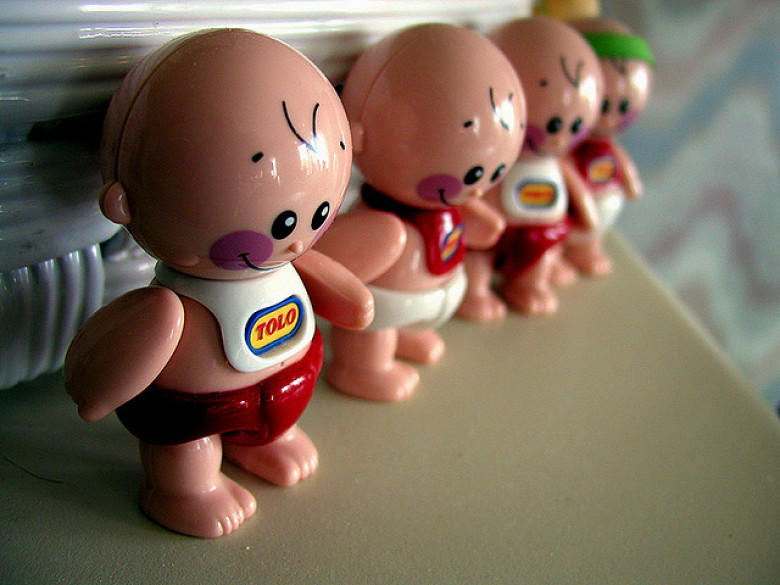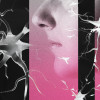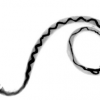75-year-old human cloned for the production of stem cells
Several years ago, as the therapeutic potential of stem cells was first being recognized, the only way to create them was to harvest cells from an early embryo. That embryo could come from the large collection of those that weren't used during in vitro fertilization work. But to get one that was genetically matched to the person who needed the therapy, researchers had to create an embryo that's a genetic duplicate of that individual—meaning they had to clone them.
With the development of induced stem cells, work on this approach largely fell by the wayside—induced cells were easier to create and came without the ethical baggage. But there are some lingering doubts that the induced cells are truly as flexible as the ones derived from an embryo, leading a number of labs to continue exploring cloning for therapeutic purposes. Now, a collaboration of US and Korean researchers have succeeded in creating early embryos from two adult humans and converted the embryos to embryonic stem cells.










































































